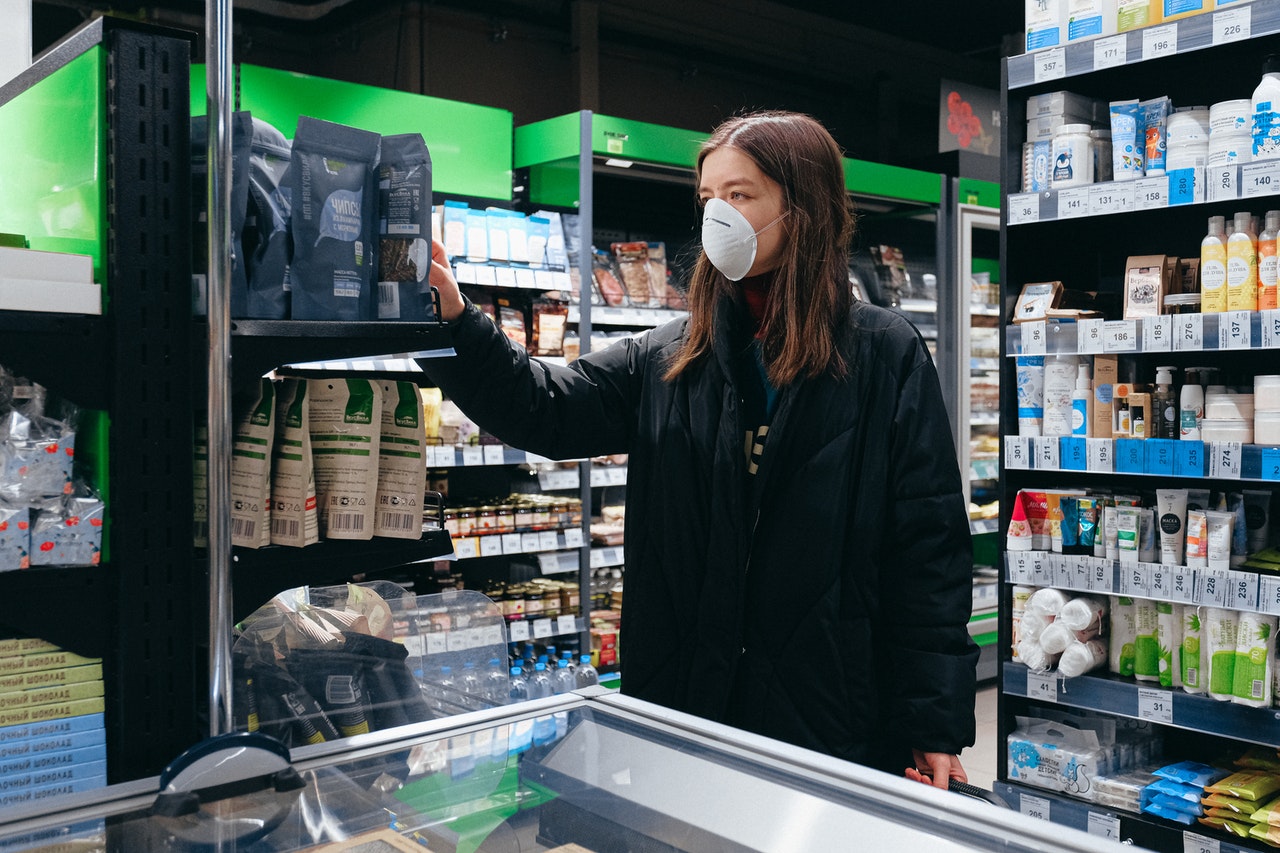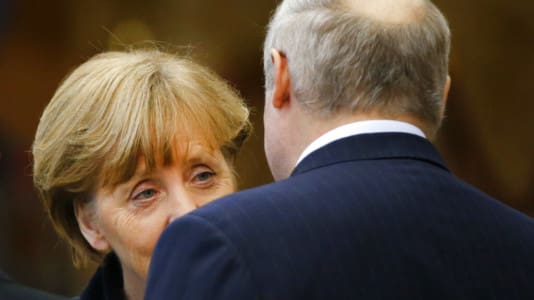EU countries will be able to reduce value added tax (VAT) on more products than before, with EU finance ministers agreeing on rules which would reduce the tax on basic foodstuffs and medicines.
The move comes at a time when Europe is facing soaring inflation. Individual governments have attempted to reduce taxes in order to offset rising prices, such as the case of Czechia, which waived the VAT on energy and gas last month.
For several years, EU members argued over the adjustment of what many viewed as unwieldy rules. Individual states very often had to negotiate exemptions for tariffs on crucial goods. The countries eventually agreed on a broad list of items that can be included in reduced tax rates, according to Czech news outlet Seznam Pravy.
“Member States will have more flexibility to make their VAT systems reflect national policy choices while ensuring coherence with common European priorities: the green and digital transitions and of course the protection of public health,” claimed Commissioner for Economy Paolo Gentiloni.
Products classified with a reduced rate will also include, for example, solar panels, environmentally friendly heating and bicycles. Internet connections, streaming concerts, or sports matches will also be incorporated. Thanks to the tax reduction, face masks against Covid-19, and other protective equipment will be cheaper as well.
For the first time, member states will also be able to apply one reduced rate lower than 5 percent. Due to the intense rise in energy prices, Czechia also attempted to enforce a zero rate on energy, which, however, failed as part of the agreed revision of the rules.
The updated rules will now be sent to the European Parliament for its consultation on the final text by March 2022.






